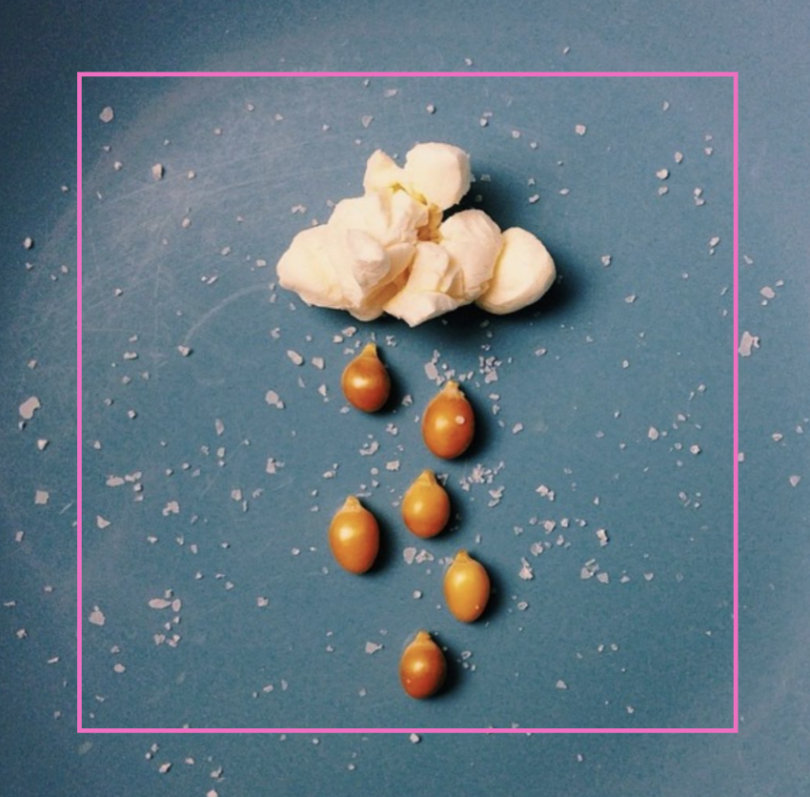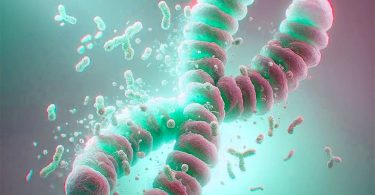A glycating diet is strongly correlated with the dramatic increase in food allergies.
The incidence of food allergies has increased considerably in recent decades in countries with a Western lifestyle. This dramatic increase cannot be explained solely by current allergy hypotheses and models.
Recent research hypothesizes that glycation products, endogenous and exogenous AGEs, predispose to food allergies (1). This hypothesis is supported by the correlation between food allergies and consumption of sugars forming AGEs or exogenous AGEs.
The supposed mechanism of action would be the sending by AGEs of “false alarm” type signals inadvertently activating multiple mechanisms favoring food allergies.
To be continued…
© Age Breaker 01 2022
[AGE BREAKER, patented nutritional supplements, based on rosmarinic acid, recognized by aging specialists around the world for their properties to reverse the effects of glycation.] [Glycation is one of the major causes of aging. Resulting from the fixation of sugars on the proteins constituting the organism, glycation generates toxic compounds that cause cellular aging. Glycation is particularly involved in metabolic disorders, skin aging and cognitive decline.]More on www.agebreaker.com
#agebreaker #glycation
Photo Brock Davis Pop corn cloud
1 – Peter K. Smith et Al. The false alarm hypothesis: Food allergy is associated with high dietary advanced glycation end-products and proglycating dietary sugars that mimic alarmins. J Allergy Clin Immunol. 2017 Feb;139(2):429-437. Doi: 10.1016/j.jaci.2016.05.040.









